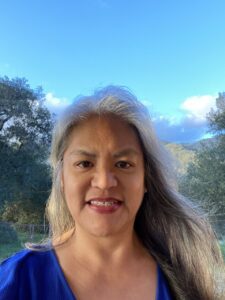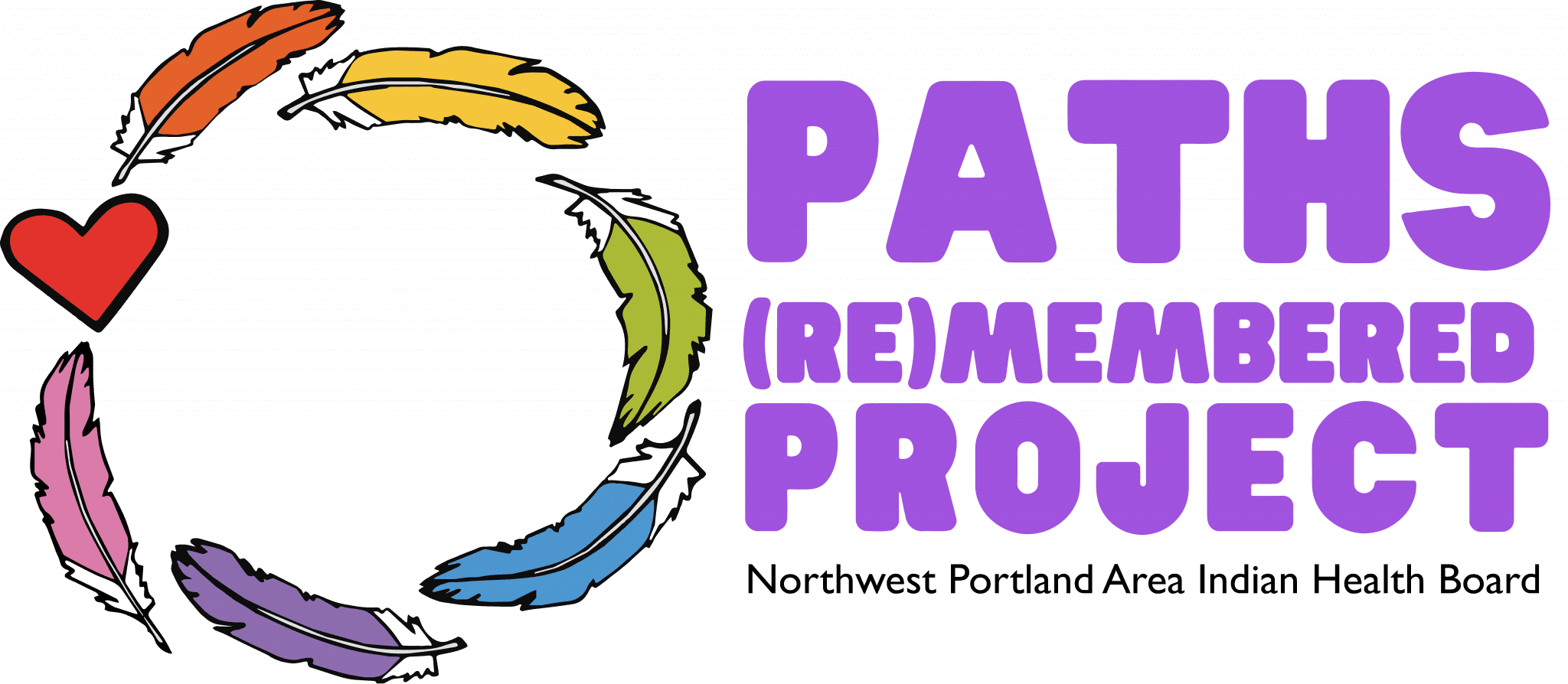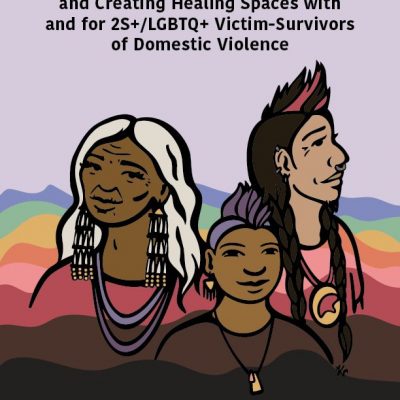This month’s blog article centers a toolkit created by the National Indigenous Women’s Resource Center (NIWRC) to support Two Spirit and LGBTQ+ survivors of domestic violence. We spoke to an anonymous Indigiqueer survivor about the importance of resources like this.
What does it mean to you to have a resource created for Two Spirit and Indigenous LGBTQ+ survivors of domestic violence?
By the end of my near-decade relationship, I wondered who I was…who I’d become. I worried I would never be able to separate my ex’s criticism of me from my own thoughts and self-talk. My ex made every attempt possible to separate me from my community. I lost friends and I lost family. The time I was able to carve out to be with my people was one of the few things that held me together and prevented me from being completely consumed. Being around other Indigenous people, especially Two Spirit folks, has always made me feel important and part of a larger legacy, meaning, and community of both joy and resistance. My people give me strength.
A year before I made my mind to leave my ex for the final time, I called a local DV agency and they walked me through a safety plan. While being asked to engage with a tangible plan was helpful, it felt formulaic and soul-less…it felt white. I also sought a counselor. I was not able to find a Native counselor. My counselor was a white cis queer person. The questions he asked, and the suggestions he offered, all felt so focused on individuals and didn’t account for the impacts community would need to play in my strength and my recovery.
I desperately wanted, and needed resources made for us, for Native queer people, Two Spirits. I also needed a way and a space to have the conversation with others like me without shame and stigma.
I got out. I am one of the lucky ones. I really hope this toolkit, and the other resources it will inspire, make their way to folks like me so they can experience the joy of healing and freedom that I am finding for myself.
We also spoke with Paula Julian, senior policy specialist with the National Indigenous Women’s Resource Center and one of the creators of this toolkit.Paula, would you introduce yourself?
Sure. My name’s Paula Julian. I’m Filipina. I live and work on the lands of the Payómkawichum people, or the People of the West, on the lands of the La Jolla Indian Reservation in San Diego County, California. I’m here because my partner’s here. We coparent a 14 year old son together. My family’s here. I come into this work being raised in it by my Indigenous aunties and uncles, and brothers and sisters since I was in my twenties. I’m very thankful for all that my relatives have taught me and also recognize the responsibility, when you call yourself a relative, of doing this work in a respectful way.
How did you come to the subheadings in the toolkit: centering stories, transforming shame, and culture?
Back in December of 2020 and January of 2021, in partnership with sister organizations, the National LGBTQ Institute and the Avellaka Program, NIWRC organized two conversations with stakeholders and community members on this issue. We opened the conversations up to anyone who wanted to join us, to talk about how we can support families and friends to become a protective factor in the line of defense for survivors. In addition, beyond those two conversations, we invited people to continue to discuss and develop the toolkit and we formed an advisory committee. Storytelling, overcoming shame, and the protective factor of Indigenous cultures came up continuously in those meetings. The advisory committee agreed graciously to record some of their own survivor stories, which we documented in a Restoration Magazine article from our June edition of last year.
Why did this toolkit feel imperative to create now?
We felt compelled to develop this toolkit for family and friends, because loving and accepting friends and families—those that we’re born into and those that we adopt and or who adopt us—are the best healing and safety net for survivors.
Now more than ever, with all that we’ve been experiencing and seeing in Indigenous communities and our society, we need to center the importance of Indigenous teachings around what it means to be a relative—love and understanding, respect and full acceptance. That is what is going to help with responding to fear, abuse, violence, and trauma. One of our movement leaders, Tillie Black Bear, who passed away in 2014, always talked about what it means to be a relative and what it means to be an advocate, how the two are similar. It means that you walk and talk within that role. You don’t get paid for being a relative. It’s 24/7. Whatever survivors ask for, you figure out how to secure it. If your relative needs something, you don’t say, “Oh, I’m sorry, I can’t take care of that right now.” When your relatives need help, they need help now.
We know friends can be a first line of defense for survivors. We don’t always have formal, affirming programs to support 2SLGBTQ+ survivors, so we wanted families and friends to have something to help them be that line of defense and protection for survivors, to prevent further violence.
Find the toolkit here: https://www.niwrc.org/resources/toolkit/reconnecting-native-teachings-and-creating-healing-spaces-and-2slgbtq-victim



